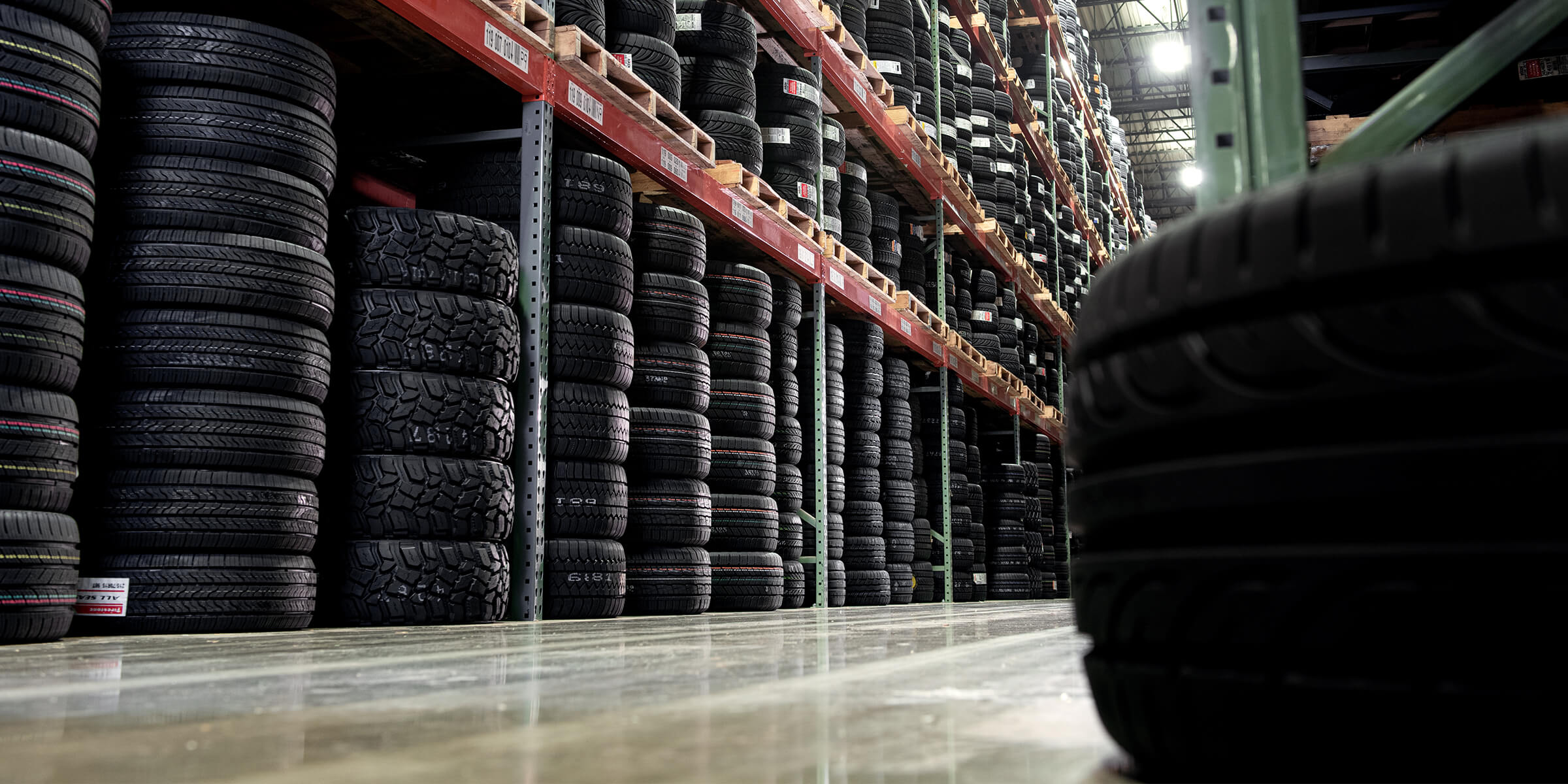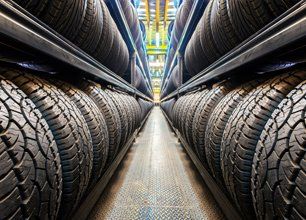Morris Tire Service: Where Accuracy and Efficiency Converge
Morris Tire Service: Where Accuracy and Efficiency Converge
Blog Article
The Environmental Benefits of Correct Tire Upkeep
Maintaining proper tire treatment is commonly neglected, yet its influence on the atmosphere is extensive. From reducing fuel intake to decreasing emissions outcome, the advantages are far-reaching. Correct tire upkeep not just extends the life expectancy of tires yet also reduces land fill waste and adds to boosted air high quality. The interconnectedness of these advantages highlights the critical function that easy upkeep methods can play in promoting ecological sustainability.
Minimized Gas Intake
Improving tire maintenance methods can lead to a considerable decrease in fuel consumption for automobiles. According to the United State Division of Energy, underinflated tires can decrease gas mileage by 0.2% for every 1 psi decrease in stress in all 4 tires.
In addition to tire stress, normal tire turnings and positionings also play a crucial duty in fuel efficiency. Unevenly worn tires can boost fuel intake as the engine works harder to maintain speed and traction. By keeping correct positioning and turning tires at recommended intervals, motorists can make certain also put on and lengthen the life of their tires, ultimately saving gas and minimizing their carbon impact.
Extended Tire Life-span
Expanding the life expectancy of tires is an essential element of effective automobile upkeep techniques that can yield price savings and environmental benefits in the future. By appropriately maintaining tires, motorists can considerably prolong their usability, lowering the frequency at which brand-new tires require to be manufactured and old ones taken care of. This not just preserves valuable resources but likewise minimizes the power and discharges connected with tire production and disposal processes.
Frequently checking tire stress, rotating tires, and making sure appropriate placement are essential steps in prolonging tire life-span. Ample walk deepness is important for optimum traction and security, but it also plays a function in how lengthy tires can be made use of before needing substitute. In addition, avoiding aggressive driving behaviors that accelerate tire wear, such as severe braking and sharp turns, can further boost tire toughness.
Ultimately, increasing the long life of tires via positive upkeep not only profits the setting by minimizing waste and saving resources but additionally causes set you back savings for automobile proprietors by postponing the need for new tire purchases.
Reduced Emissions Outcome
Reliable tire upkeep methods contribute to a decrease in exhausts output, straightening with environmental sustainability objectives in the auto industry. By keeping ideal tire stress degrees, vehicle drivers can aid alleviate these adverse environmental influences.
Furthermore, well-maintained tires likewise enhance grip and decrease rolling resistance, additionally enhancing fuel effectiveness. This, in turn, minimizes the amount of exhaust gases released into the atmosphere. In addition, making sure tires are appropriately pumped up and lined up can expand the look at this now life-span of the tires, reducing the regularity of tire replacements and the linked environmental prices of tire manufacturing and disposal.

Decreased Land Fill Waste
Offered the positive impact of proper tire maintenance on reducing emissions output, an additional substantial ecological benefit is the potential for lowered landfill waste. When tires are not kept properly, they break much faster and need to be replaced extra often. This brings about a greater volume of used tires being gotten rid of in landfills. By making certain that tires are properly blown up, aligned, well balanced, and turned regularly, their life-span can be dramatically expanded. This implies that fewer tires wind up Full Report in landfills, reducing the amount of non-biodegradable waste in these already overruning websites.

Improved Air Quality
Enhancing air high quality with appropriate tire upkeep methods is an essential aspect of lasting environmental stewardship. When tires are why not look here underinflated, they develop much more moving resistance, bring about increased fuel consumption and higher discharges of unsafe pollutants such as carbon monoxide and nitrogen oxides. Correctly inflated tires not just enhance gas performance yet additionally lower the amount of contaminants launched right into the air.
Additionally, well-kept tires with proper tread depth and alignment add to more secure driving conditions, decreasing the possibility of mishaps that can lead to the release of added toxins right into the environment. By extending the life expectancy of tires through regular upkeep and rotation, fewer tires are disposed of too soon, lowering the ecological impact of tire disposal and production processes.
Final Thought
In conclusion, appropriate tire upkeep supplies various ecological benefits. By minimizing fuel intake, prolonging tire life-span, lowering exhausts outcome, reducing landfill waste, and boosting air high quality, individuals can add to a healthier earth. These initiatives not just benefit the environment however additionally help to save resources and lower total environmental impact. It is essential for people to prioritize tire maintenance as a simple yet reliable way to secure the atmosphere for future generations.
Correct tire maintenance not just prolongs the life-span of tires however also decreases garbage dump waste and adds to improved air high quality - tire shop near me. By preserving appropriate positioning and revolving tires at recommended intervals, vehicle drivers can ensure also use and extend the life of their tires, eventually conserving fuel and decreasing their carbon impact
By correctly keeping tires, vehicle drivers can considerably extend their use, minimizing the regularity at which new tires require to be produced and old ones disposed of.Regularly checking tire pressure, rotating tires, and guaranteeing correct placement are important actions in extending tire lifespan. Furthermore, making sure tires are effectively inflated and aligned can prolong the life expectancy of the tires, lowering the frequency of tire substitutes and the linked ecological prices of tire manufacturing and disposal.
Report this page